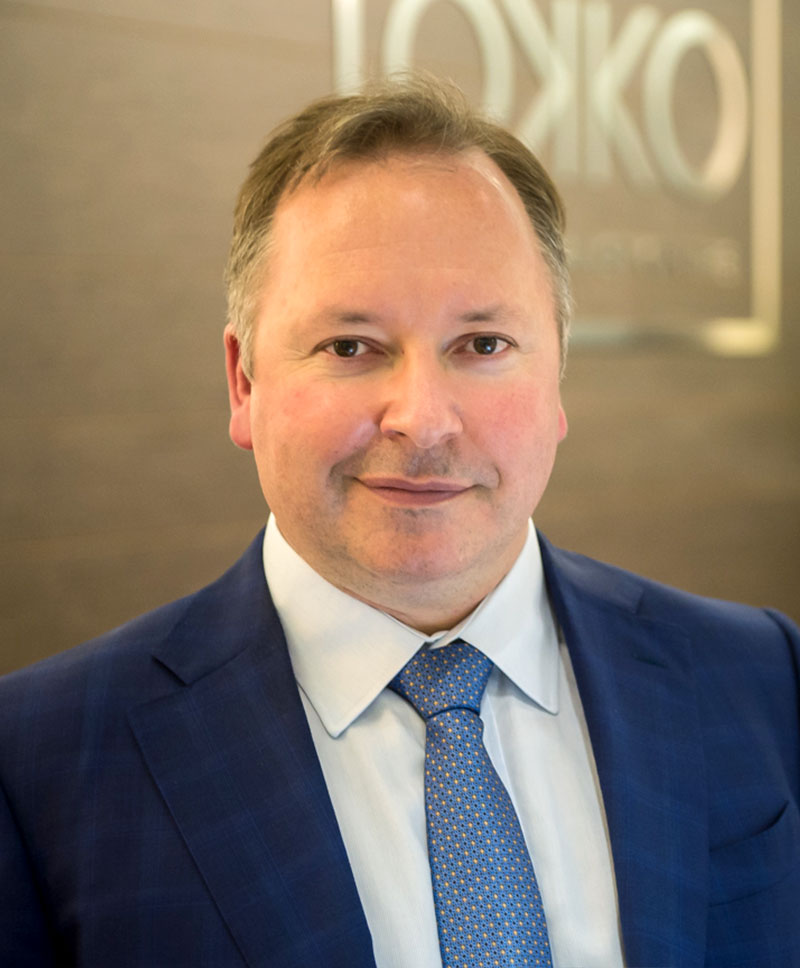
Do eye exercises to avoid reading glasses really work?
You may have heard that eye exercises can prevent you from wearing reading glasses, when you hit your 40s or 50s. This happens because of a typical eye issue called presbyopia. It occurs when the lens of your eye becomes stiff as you get older, making it harder to focus on certain distances.
The media presents conflicting evidence regarding the effectiveness of eye exercises in preventing the need for reading glasses among individuals with presbyopia. It is uncertain if this approach is viable. The facts supporting this are not as solid when compared to the evidence supporting traditional vision-correction treatments like corneal inlays, contact lenses, or laser eye surgery.
What are eye exercises and how can they benefit me?
There are many different eye exercises out there. In 1891, Dr. William Bates claimed that exercising your eyes can naturally improve vision, even with sight issues.1https://www.dailymail.co.uk/health/article-3503528/Looking-way-rid-need-reading-glasses-performing-EYE-exercises-answer.html
One technique is known as ‘palming’, when you cover your eyes with your hands to block out the light. Another exercise is by rolling your eyes from side-to-side. Bates suggested that the exercises work best when you do them regularly and abstain from glasses or contacts.
Some say the Bates method relaxes eyes, but others think it can actually make them stronger. Some have tried this technique and claimed that it has prevented them from wearing glasses into older age.
Beyond the Bates method2https://www.healthline.com/health/eye-health/eye-exercises#exercises, other eye exercises include repeating the motion of moving an object at different distances to exercise focus change. Another one is practising a ‘figure 8’ motion by looking at different directions in this pattern.
These techniques are meant to help with eye-strain, dry eyes, blurred vision, and headaches.
So are these exercises worth it?
The thing is, there is not enough scientific evidence in the field of ophthalmology to back this up. You would also need to be very disciplined in regularly exercising to see any results. You’d likely need to practice daily for the rest of your life. While eye exercises may help with eye strain and other eye-related issues, they may not be enough to avoid the need for corrective lenses or surgery.
Another determining factor of your eye health is the shape of your eye and how the light travels through your retina, to your brain3https://www.allaboutvision.com/en-gb/buysmart/see_clearly/. This means that even if you have nearsightedness, farsightedness, or presbyopia, you cannot change the shape of your lens inside your eye.
Professor David Elliot from Bradford university describes how ‘The lens is like an onion, with lots of layers that build up throughout life — it eventually becomes so stiff its curvature can’t change any more’4https://www.dailymail.co.uk/health/article-3503528/Looking-way-rid-need-reading-glasses-performing-EYE-exercises-answer.html.
You cannot change the shape of your eye, no matter how strong your eye muscles get. Therefore, you cannot prevent vision problems. It’s really down to genetic luck and environmental factors that take a lifetime to develop.
Lens replacement surgery is a medically certified solution for you
Lens replacement surgery has been practised for nearly a century. In recent years, surgeons have refined and discovered new techniques and used advanced technology like corneal inlays to maximise the best possible outcomes for our patients, and with fewer side-effects.
Also known as refractive lens exchange, it involves removing the natural lens of your eye and replacing it with an artificial intraocular lens. This can significantly improve your distance vision and reduce or completely eliminate your need for reading glasses for people with presbyopia.
Additionally, the results are for life and with a 88% success rate5https://lasereyesurgery.cliniccompare.co.uk/refractive-lens-surgery-costs of patients achieving 20:20 vision.
If you’d like to find out more about how to avoid reading glasses or how lens replacement surgery can improve your life, book an assessment with our eye doctor.
ARE YOU SUITABLE?
Check your laser eye surgery suitability online with our free LASIK self-test
OUR MOST POPULAR PROCEDURES

Hi, I’m Dr. Matthew Russell, a laser and cataract surgeon
HI I’M DR. MATTHEW RUSSELL A LASER EYE AND CATARACT SURGEON
With over 15 years of experience, I enjoy the privilege of helping patients of all ages reclaim clear vision or preserve it for as long as possible.
Vision correction and high-precision cataract surgery hinge on the expertise and skill set of the provider who also has access to the most precise tools for the job. Ophthalmic surgeons like me know how to make treatment safe, comfortable and positive for the patient. They know how to minimise the risk of complications and maximise successful outcomes.
I have a passion for helping my patients enjoy the clear, high-definition vision they need to live rich and active lives. Now, I have hand-picked a team of professionals that share my passion and commitment to exceptional care.
Dr. Matthew Russell
MBChB, FRANZCO





